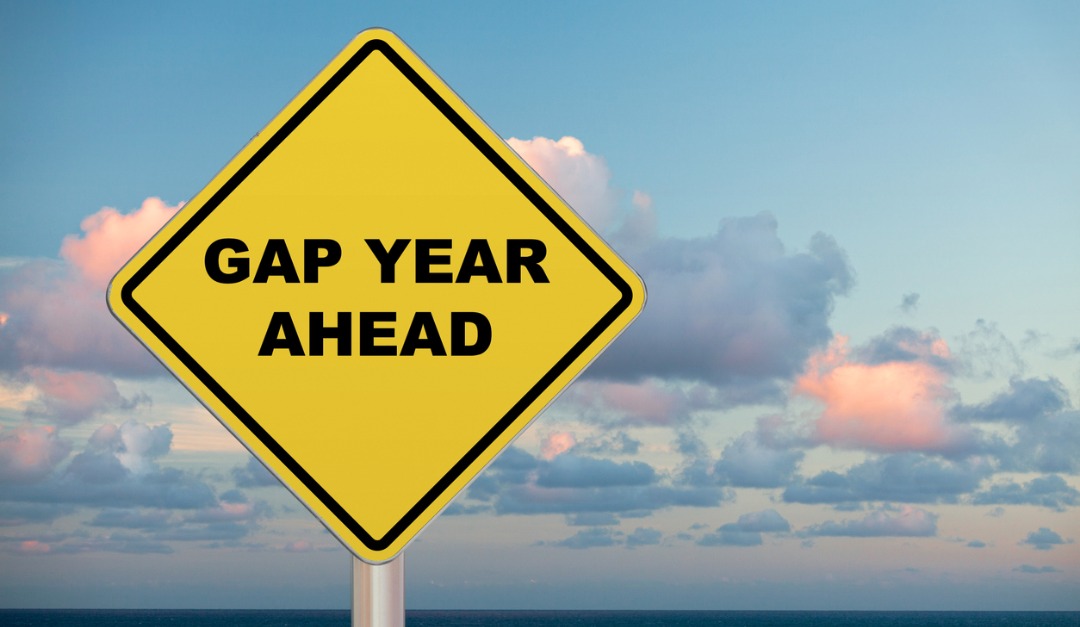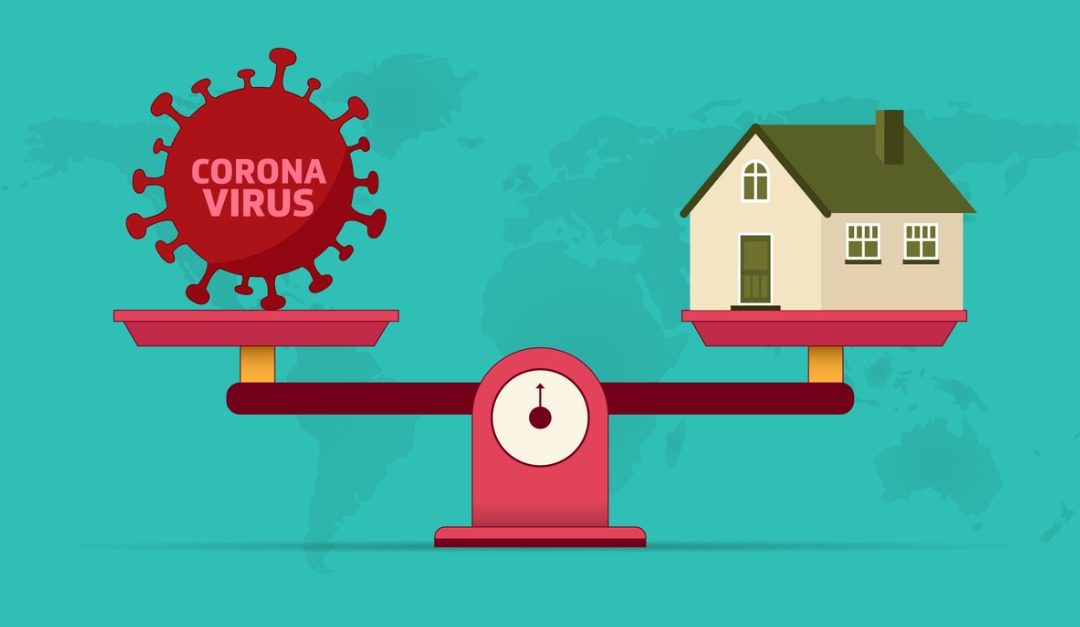Hand washing can prevent the spread of germs and viruses, and help you and your family avoid getting sick. Good hygiene is especially important now, with the coronavirus infecting people around the world. Even though adults and children wash their hands several times per day, many don’t know how to do it correctly or don’t do it as often as they should.
How to Wash Your Hands
Hold your hands under warm or cold running water. Then turn off the water and apply some soap to your hands. Plain and antibacterial soap can both be effective at removing germs.
Work up a good lather by rubbing your hands together. The friction helps to remove dirt and germs from the skin. Be sure to clean the backs of your hands, under your fingernails and between your fingers. Spend at least 20 seconds lathering up your hands, then rinse them under running water. Use a clean towel to dry them or let them air dry.
When to Wash Your Hands
The coronavirus can linger on surfaces. It can be spread when an infected person touches an object and another person touches the same object and then touches his or her eyes, nose or mouth. If you touch an object in a public place that other people have also touched, such as a table, chair, door handle, elevator button, gas pump or electronic payment machine, wash your hands afterward.
It is also important to wash your hands when performing many common activities to avoid spreading germs other than the coronavirus. You should wash your hands before and after preparing food and during the food preparation process when necessary, as well as before eating, whether the food was prepared by you or someone else.
Wash your hands after using the toilet, after changing a baby’s diaper or helping a child use the toilet, in addition to before and after cleaning and bandaging a wound or caring for someone who is ill. After you cough, sneeze or blow your nose, wash your hands. You should also clean your hands after touching an animal, handling animal food or waste, or touching trash.
What to Do if You Can’t Wash Your Hands
If you don’t have access to soap and water, a hand sanitizer that contains at least 60 percent alcohol is a good alternative. Read the label to find out how much to use and rub it all over your hands and fingers until dry.
While hand sanitizer can be helpful in reducing the spread of germs, it is not effective in all circumstances. Hand sanitizer does not remove all germs and may not be able to remove some chemicals. It also may not do a good job of removing germs if your hands are greasy or visibly dirty.
Practice Good Hygiene
Wash your hands often, do it correctly and supervise your kids until you’re confident they’ve gotten the hang of it.











